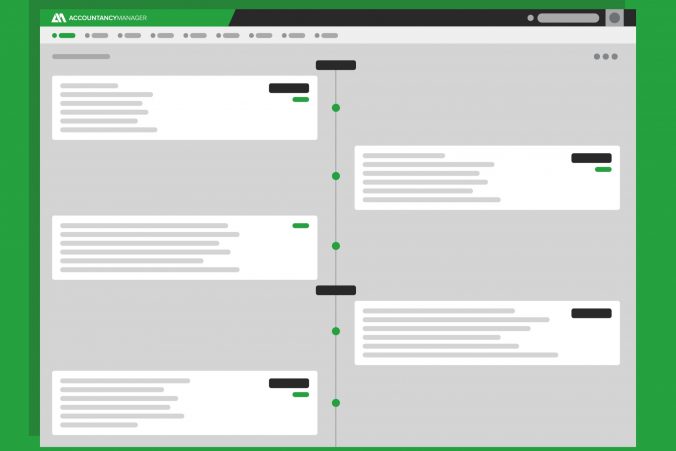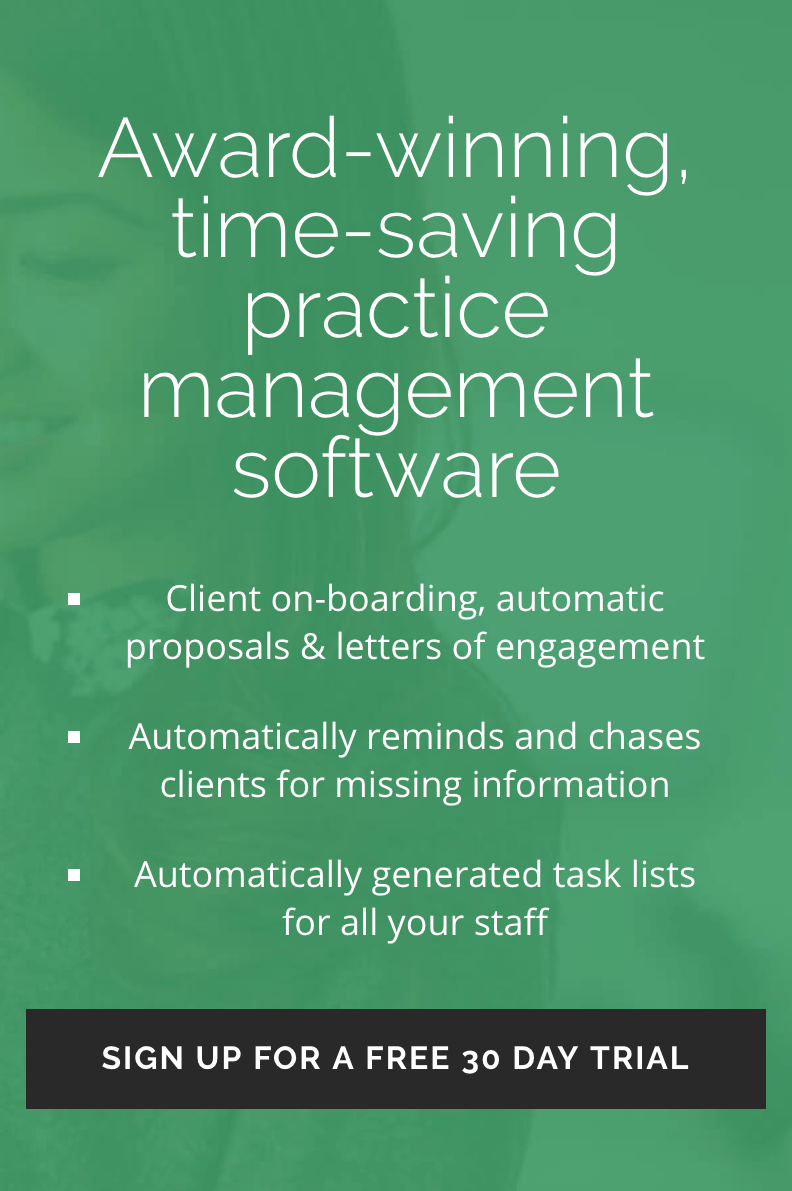Four out of five employers stated that they were immediately impacted by the increase in national insurance contributions (NICs), according to research by the British Chambers of Commerce (BCC).
The BCC surveyed more than 1,100 UK employers and found that the NICs increase has caused negative impacts to 81% of businesses.
Firms said the rise in employer NICs from 13.8% to 15.05% has increased staffing costs, forced some to put up their prices and meant they would be limiting their investment.
As part of its call for an Emergency Budget, the BCC said the rise should be immediately reversed for at least a year, as firms battle surging costs on multiple fronts.
The BCC is calling for action to give businesses a chance to keep a lid on rising prices, boost productivity and ease cost pressures.
Hannah Essex, Co-Executive Director at the BCC, said:
‘Businesses are telling us that the rise in NICs has been a body blow as they try to get back on their feet. With firms’ profits also taking a further hit, after two years of the pandemic, it is no surprise that their investment intentions are also weakening.
‘But it is not too late to change tack and push the increase back until firms are in a better place to take on the extra burden. The costs crises facing firms and people in the street are two sides of the same coin. If we can ease the pressure on businesses, then they can keep a lid on the price rises.’












